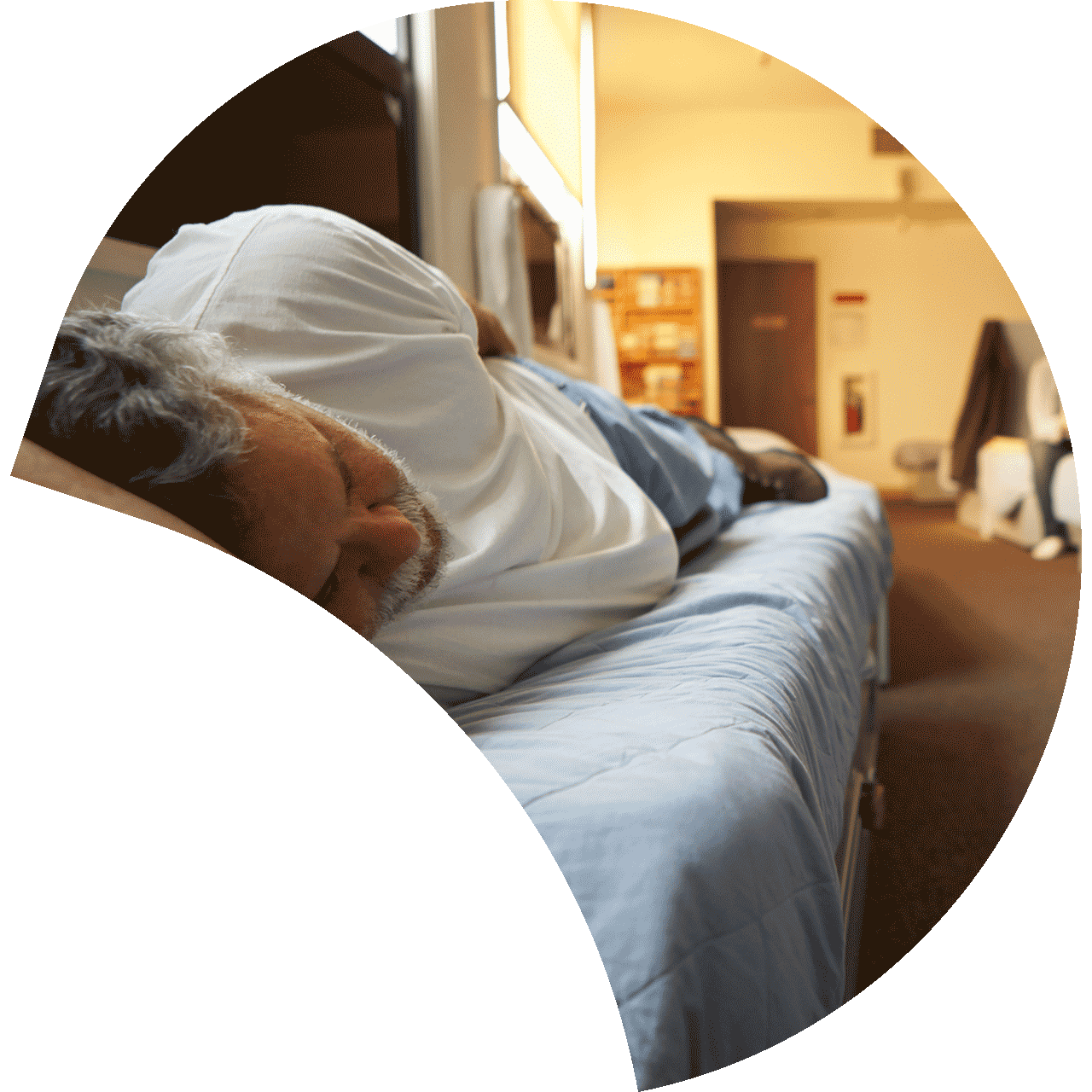Why?

The Big Why
California is experiencing dual epidemics of homelessness and addiction. While solutions exist, certain populations continue to be impacted. The Safe Haven Clinic is an innovation designed to provide a low threshold first step in the continuum of services and care for people caught in cycles of homelessness and/or addiction.
What Is Street Medicine?
Street Medicine brings care to people experiencing homelessness where they are, reducing barriers to healthcare access. Primary care and case management provided by interdisciplinary Street Medicine teams is enhanced by co-located Medical Respite, Sobering, and Pharmacy services in the Safe Haven Clinic.
What Is A Sobering Center?
Sobering Centers provide an alternative to jail and emergency rooms for people experiencing recurrent public intoxication. A Sobering Center embedded in a Safe Haven Clinic supports immediate transitions to other needed care, such as medically-supervised detox in Medical Respite.
What Is The Pharmacy?
For people experiencing homelessness, medication management help can be lifesaving, and for many on a path to sobriety, medication assisted treatment (MAT) is vital. The Pharmacy offers both, plus lab services, vaccines and out-patient pharmacy to support all key Safe Haven Clinical components.
What Is Medical Respite?
Medical Respite provides an essential healing environment for people who do not need hospitalization but lack adequate housing to fully recover or receive treatment, including Palliative Care. Medical Respite integrated with Street Medicine, Sobering, and Pharmacy services provide critical care to patients with complex health needs.
Are You Imagining A Fully Integrated Clinical Solution For Homelessness & Addiction In Your Community?
Create a Safe Haven Clinic and improve the quality of care for people experiencing homelessness and addiction.



